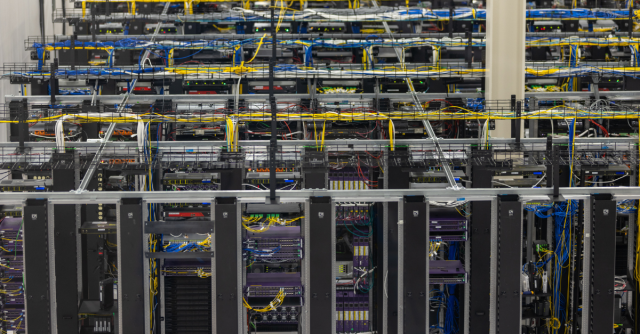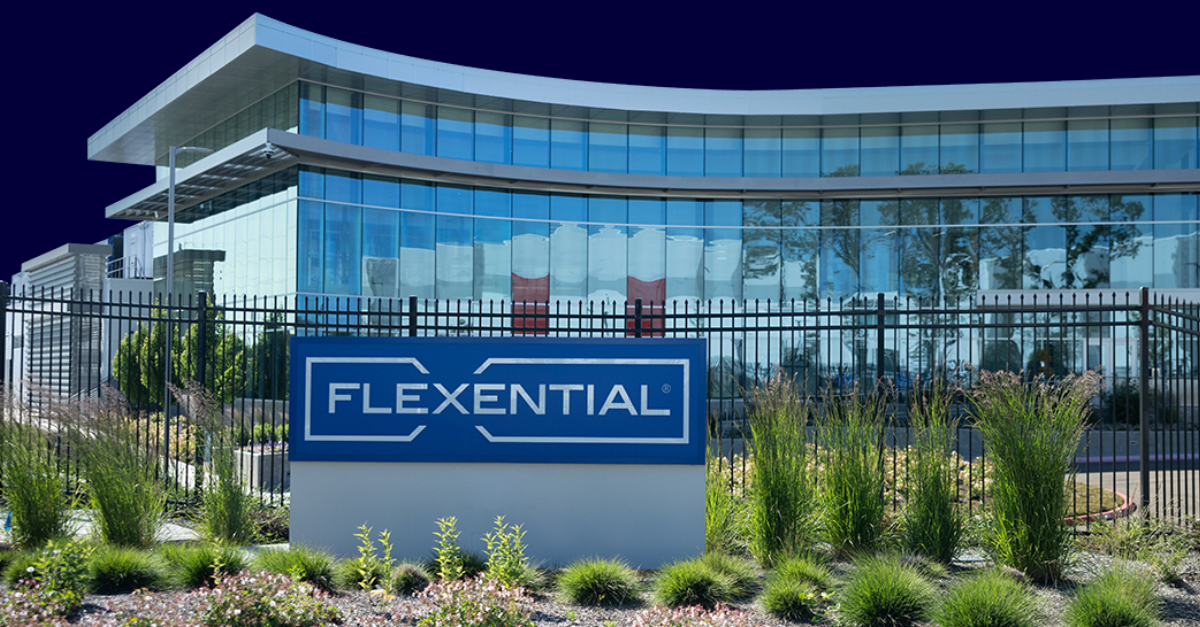The rise of retail colocation in a hybrid IT era
Retail colocation and hybrid IT are changing how organizations approach their IT game plan. Hybrid IT blends cloud, on-premises, and colocation, giving IT leaders like you more options to balance agility, control, and cost. With more businesses searching for smarter ways to handle data and infrastructure, retail colocation is becoming a key piece of the hybrid IT puzzle.

So, what does this shift really mean for you, and how can you make it work in your favor? Let’s take a closer look.
The hybrid IT model: Where does colocation fit?
Hybrid IT is all about flexibility. It lets you combine cloud services, your own on-premises systems, and retail colocation into one strategic setup. But how does colocation fit into this mix?
Think of retail colocation as renting space in a third-party data center instead of running your own. You get access to high-end infrastructure without the costs and headaches of owning a facility. In the hybrid IT world, retail colocation acts as a bridge, helping you move workloads smoothly between on-premises, cloud, and hosted environments.
Want a quick primer? Check out this straightforward overview: Hybrid IT 101 — Five key questions answered.
When you bring hybrid IT and retail colocation together, you get the right mix of performance, control, and scalability. If you need to support legacy systems while exploring the cloud, or if you have strict data residency or compliance needs, this approach just makes sense.
Why retail colocation is growing in hybrid IT
Big, wholesale colocation has its role, but retail colocation is where the real action is in hybrid IT strategies right now. Instead of leasing huge data halls or entire floors, retail colocation lets you rent just what you need, like individual racks or secure cabinets.
This model works so well for hybrid IT because:
- Edge computing enablement: New apps, like AI and IoT, need to process data closer to end-users to keep latency low. Retail colocation sites are perfect as edge data centers.
- Cost predictability: Cloud costs can swing up and down, especially with unpredictable data transfer fees. Retail colocation gives you a steadier monthly bill, making it easier to budget.
- Hybrid cloud integration: Retail colocation is key for a hybrid cloud approach. It gives you a secure, physical place for on-prem gear that needs to connect to the cloud.
Curious about the differences between retail and wholesale colocation? Or want to see where the market is headed? Take a look at the latest retail colocation trends report.
Benefits of hybrid colocation solutions for IT leaders
Integrating retail colocation into a hybrid IT model delivers tangible benefits that empower IT leaders to build more resilient, secure, and future-ready infrastructure.
Scalable architecture for hybrid IT strategy
Colocation makes it easy to scale up your infrastructure without sinking capital into building out more data center space. As your hybrid IT plans grow, colocation lets you add servers, connect to new clouds, or support fresh applications without being boxed in by your own walls.
Compliance and data security at the edge
For industries like healthcare and finance, where compliance is non-negotiable, colocation is a must. You get a physically secure, auditable space where you control your own equipment. Leading providers back this up with serious security—think biometrics, cameras, and locked cages. Plus, direct connections to the cloud mean your data can skip the public internet, cutting the risk of interception as it moves.
Network proximity and performance
When performance matters (and let’s be honest, it always does), retail colocation puts your infrastructure closer to your customers, cloud providers, and major networks. This means less latency and better user experiences. You also get strong connectivity options to keep up with changing business needs.
The importance of a hybrid IT strategy
These days, building a solid hybrid IT strategy isn’t just a nice-to-have. It’s essential. The right setup lets you run workloads wherever they fit best—on-prem, in the cloud, or in a colocation site. You get the freedom to support new business goals, adjust to market shifts, and manage costs without a lot of fuss.
Hybrid IT is really about making your technology work for your organization, not the other way around. With a smart strategy, you can keep critical applications secure, meet compliance needs, and take advantage of new tech without making disruptive changes.
Need tips for planning? Explore our guide: Planning a hybrid IT strategy for today and tomorrow.
Choosing the right hybrid cloud colocation provider
Picking a hybrid cloud colocation services partner is a big decision. The provider you choose has a major impact on how well your hybrid IT model works. Not all providers are created equal when it comes to reliability, security, or support. Look for a team that gets your goals and can flex as your needs change.
Here are a few things to keep in mind as you weigh your options:
- Security and compliance: Make sure your provider has the right certifications and a proven track record for physical and digital security.
- Network connectivity: Look for access to multiple carriers, cloud on-ramps, and high-speed connections to keep your hybrid IT running smoothly.
- Scalability: Choose a provider that can grow with you, offering space, power, and connectivity as your requirements change.
- Support: Around-the-clock expert support helps your team stay focused on business priorities instead of troubleshooting infrastructure issues.
- Location: Proximity to your users, applications, and cloud resources can have a major impact on performance.
Want more help choosing? See our resource Key considerations for choosing a colocation provider.
The future of hybrid IT runs through colocation
Hybrid IT is fast becoming the standard for organizations that want flexibility and reliability. Retail colocation is at the center of this move, helping IT leaders modernize while staying in control and maintaining high performance.
As technology moves forward, hybrid IT models will be even more critical for staying competitive. Retail colocation gives you the adaptability and support to handle whatever comes next.
How Flexential supports hybrid IT and retail colocation needs
At Flexential, we help organizations design and manage hybrid IT environments that are built to last. Our retail colocation solutions deliver secure facilities, high-speed connectivity, and a team of experts ready to support your goals. Whether you’re just starting to explore hybrid IT or looking to optimize your current setup, we’re here to help you move forward with confidence.
Contact our team to talk about your hybrid IT strategy today.





